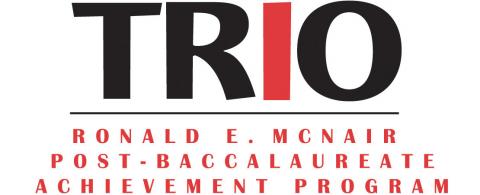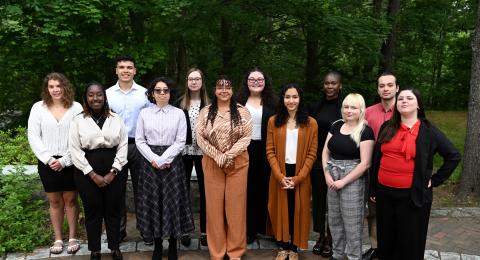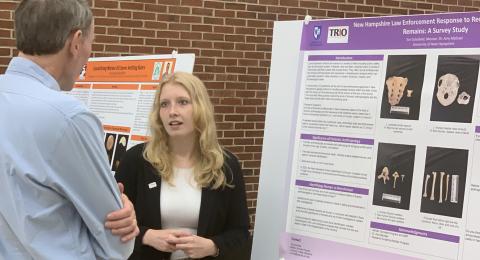
McNair Scholars Program
The McNair Scholars Program is a federally-funded TRIO program administered by the U.S. Department of Education striving to prepare talented, highly motivated UNH undergraduates for entrance to PhD programs in all fields of study. The program aims to promote and nurture the next generation of faculty, researchers, and scholars by providing academic and social support services in the form of academic year internships and summer research fellowships.
We're still accepting fall applications - Apply today!
McNair Scholars Application Pre-McNair Application
Announcements
- CALLING ALL ALUMNI! If you were a McNair scholar who graduated between 2013 and 2023, we need your help! Please fill out the McNair Survey for Past Participants to help increase the chances of securing funding for future generations of McNair scholars. We appreciate you!
Ronald E. McNair Post-Baccalaureate Achievement programs are designed to encourage high achieving underrepresented undergraduates to consider careers in college teaching as well as prepare for doctoral study. Students who participate in this program are provided with research opportunities and faculty mentors. Learn more about TRiO












